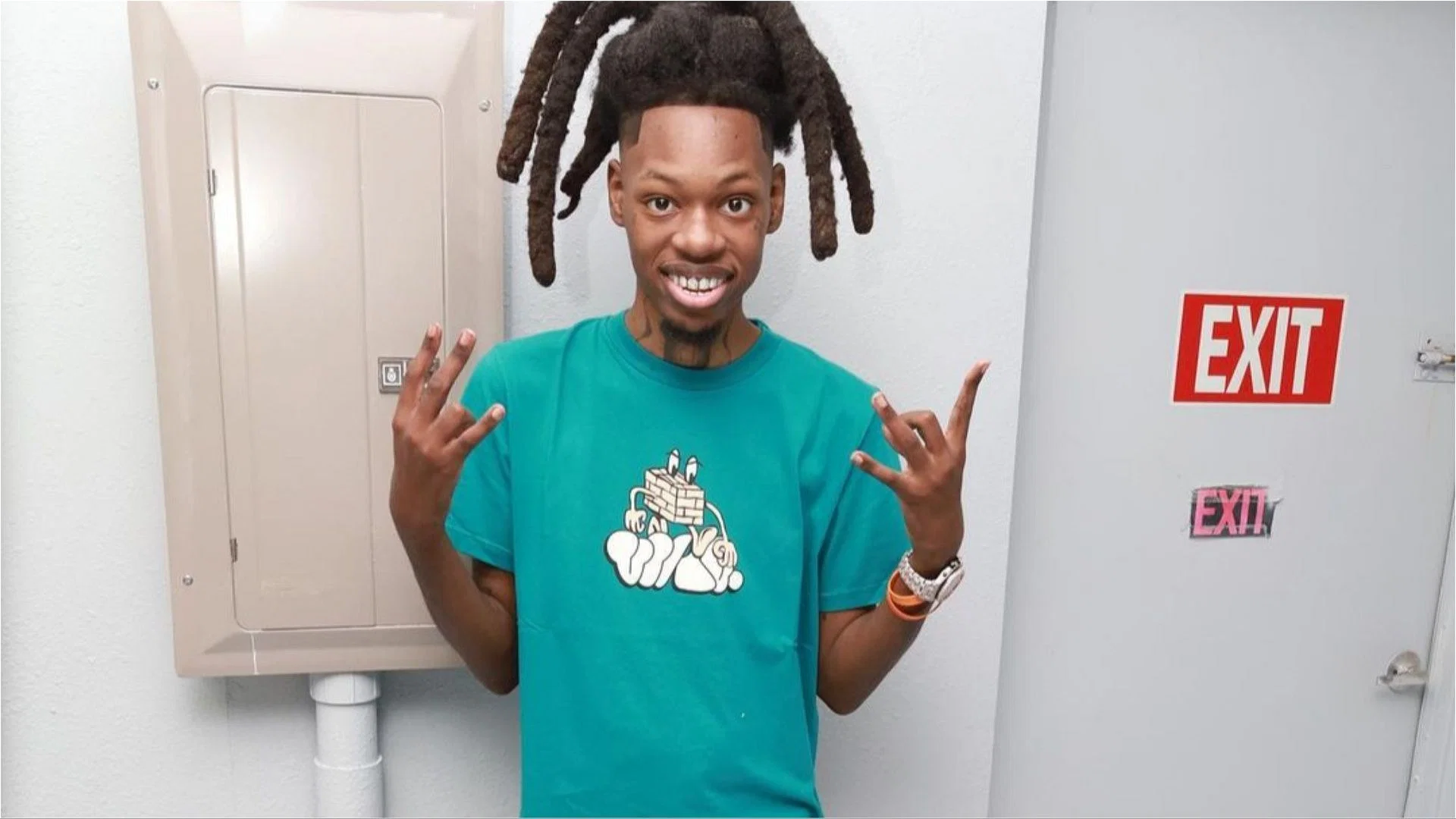In recent years, the world of hip-hop has been heavily influenced by various artists who come from complex, often troubled backgrounds. One such figure is Julio Foolio, an emerging rapper from Jacksonville, Florida, who has gained attention not only for his music but also for his involvement in ongoing rivalries within the rap scene. A term that has sparked discussions, especially among hip-hop fans, is “Julio Foolio autopsies.” To fully understand this concept, it’s important to break it down from both a cultural and a musical perspective. This article will delve into Julio Foolio’s career, the term “autopsies” in relation to rap culture, and how both contribute to his place in modern hip-hop.
Who is Julio Foolio?
Julio Foolio, born in Jacksonville, Florida, is a rapper known for his street-savvy lyrics and involvement in the local rap scene. He gained a following for his gritty, real-life storytelling, often centered around themes of violence, survival, and street life. Like many other rappers from similar environments, Julio Foolio’s music reflects his personal experiences and the tough realities of growing up in a crime-ridden area.
His rise to fame came through songs like “Beef” and “Coming For You,” tracks that gained attention for their rawness and direct references to local rivalries, particularly with fellow Jacksonville artist Yungeen Ace. This rivalry has been a major factor in his popularity, as it taps into the ongoing tension between different factions within the rap scene.
Julio Foolio’s popularity is fueled by his unapologetic lyrics and his willingness to address sensitive topics, often involving street conflicts and the impact of violence in his community. His music resonates with fans who appreciate artists who aren’t afraid to confront the realities of life in inner-city neighborhoods.
The Significance of “Autopsies” in Hip-Hop
The term “autopsies” in the context of Julio Foolio’s music and the Jacksonville rap scene likely refers to posthumous analyses or symbolic examinations of individuals who have died due to violence. In the often intense world of hip-hop, artists are known for their ability to turn real-life events into their art, sometimes referencing death, street battles, and the aftermath of violent encounters. The term “autopsies” could metaphorically represent the public analysis or dissection of a person’s life after their death, especially in a world where violence plays a central role in many of the narratives.
In the context of Julio Foolio, the term “autopsies” might be a reference to his songs that deal with death and violence within his community. It could also reflect his involvement in rap beefs, where diss tracks often touch on the deaths of rivals or people associated with their enemies. This “autopsy” could be seen as an exploration of the consequences of such violent lifestyles, where individuals are often remembered for the conflict that surrounds them rather than their personal achievements or characteristics.
The Role of Rivalries in Hip-Hop Culture
Rivalries have always been a cornerstone of hip-hop culture. From the East Coast vs. West Coast battles in the ’90s to the ongoing feuds in cities like Chicago, Atlanta, and Jacksonville, these tensions often shape the music and the public personas of the artists involved. Julio Foolio’s rivalry with Yungeen Ace is a prime example of how these personal conflicts can translate into music, creating narratives that reflect the competitive and often hostile environment from which these artists emerge.
In many cases, the intensity of these beefs leads to tragic outcomes, including the loss of lives. Hip-hop, as an art form, has long dealt with themes of street violence, and while some may see it as a reflection of the harsh realities artists face, others view it as a glorification of dangerous lifestyles. For Foolio, his references to deaths in his community, the loss of friends, and the retaliatory nature of street life are central themes in his music. When discussing “autopsies,” he may be alluding to the tragic cycle of violence that often claims young lives, leaving behind nothing but the aftermath to be dissected by the public.
The Impact of “Autopsies” in Julio Foolio’s Music
Julio Foolio’s approach to his music and his rivalry with other artists includes references to death in ways that resonate with fans and the hip-hop community at large. These “autopsies” are not literal examinations of bodies but rather symbolic discussions of life and death in the streets. By referencing deceased individuals, Foolio examines the societal and emotional impact of violence, making it a recurring subject of his lyrical content.
His music serves as a platform for expressing the grief and loss that comes with a life affected by violence. By addressing death in his lyrics, Foolio is giving a voice to those who have been forgotten or whose deaths have been overshadowed by other events. However, some critics argue that this focus on death can promote a dangerous narrative, encouraging others to engage in violent acts to gain recognition or street credibility.
Still, there is a sense of catharsis in the way Foolio deals with these themes. His music allows him to process his grief and channel his emotions into something productive, creating an avenue for dialogue within his community. Through his “autopsies,” Foolio is trying to make sense of a world where violence seems like an inevitable outcome, offering a window into a life shaped by hardship, loss, and survival.
The Controversy of “Autopsies”
One of the key criticisms of this kind of music is its potential to glamorize violence. In a world where social media and streaming platforms amplify rap beefs and street conflicts, songs about death and violence can quickly go viral, reaching audiences far beyond the artist’s local community. Some believe that by focusing on “autopsies” of street figures, rappers like Julio Foolio may be perpetuating a cycle of violence, especially among impressionable youth who view these battles as entertainment or a way to gain respect.
Furthermore, these references to death can often be interpreted as disrespectful or insensitive, especially when they involve people who are still mourning the loss of a loved one. For many, the idea of turning someone’s death into a topic for lyrical analysis or public entertainment can be seen as callous and exploitative. In this sense, “autopsies” may be a double-edged sword, serving both as an honest reflection of an artist’s life and a controversial topic that may perpetuate harmful stereotypes.
Conclusion
Julio Foolio’s music, particularly the concept of “autopsies,” provides a raw, unfiltered look into the effects of violence in the rap community. By addressing the deaths of his friends, rivals, and other figures in his life, Foolio is dissecting not only the consequences of street life but also the emotional and societal toll it takes on those left behind. While the focus on death and violence can be controversial, it also offers a glimpse into the struggles that shape the artist’s world and the music that speaks to the experiences of many who live in similar circumstances.
Ultimately, Julio Foolio’s “autopsies” are more than just references to death—they are explorations of grief, survival, and the emotional fallout from a world where violence is often an inescapable reality. As his music continues to evolve, it remains to be seen how his portrayal of these themes will resonate with audiences and whether it will contribute to the ongoing conversation about violence in hip-hop culture.



